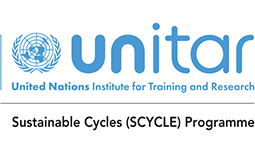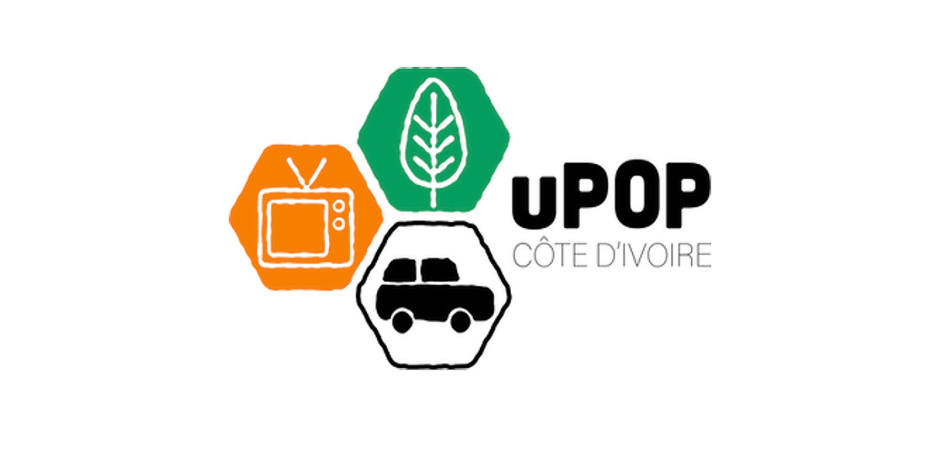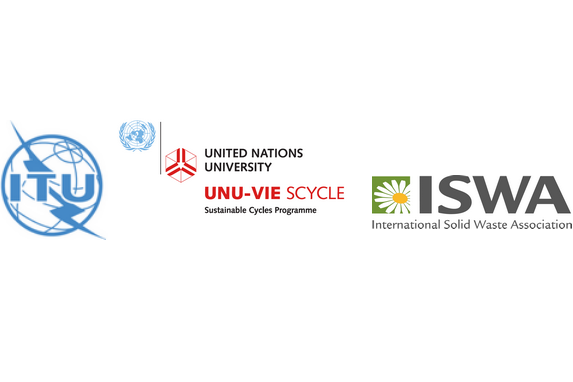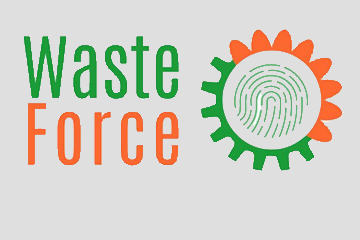Regional E-Waste Monitor for the Western Balkans
1 year ago Ruediger Kuehr Comments Off on Regional E-Waste Monitor for the Western Balkans
E-waste offers great opportunities for sustainable development but also constitutes one of the fastest growing streams of physical waste in today’s global environment. A lot of e-waste is not recycled in an environmentally sound manner, and this can pose risks to human health and the environment, and result in a loss of valuable resources. To counter this, data and comparable overviews on e-waste are essential to monitor the e-waste quantities, evaluate developments over time, and elaborate national and international policies.
At present, international comparable information on the e-waste situation in the countries of the Western Balkans is limited.
Within the framework of the Global E-Waste Statistics Partnership, SCYCLE is partnering with the International Telecommunication Union (ITU) – Office for Europe and the United Nations Environment Programme (UNEP) – Europe Office and Vienna Programme Office to realize a Regional E-Waste Monitor for the Western Balkans.
The project aims to train on how to make and collect e-waste statistics, assess e-waste quantities, as well as the e-waste management practices and the e-waste legislation landscape in the Western Balkans to produce the first Regional E-waste Monitor Report in the region.
Beneficiary countries of the project are Albania, Bosnia and Herzegovina, North Macedonia, Montenegro and Serbia.
The project kicked-off in March this year, and in May SCYCLE organized a training workshop on e-waste statistics attended by more than twenty government representatives from the focus countries.
The key objectives of the project are:
- Enhance the understanding and interpretation of regional e-waste data for policymakers, industries, and businesses which in turn will allow relevant stakeholders and the general public to be better informed about the e-waste challenge in the region.
- Train focal points of the National Statistical Offices (NSOs) of each of the five beneficiary countries to produce e-waste data for the SDG 12.5.1 monitoring.
- Help to map key e-waste stakeholders, the status of e-waste legislation, and recycling opportunities from e-waste.
- Evaluate the transboundary movement of e-waste by estimating quantities of imports and exports, as well as providing an overview of import and export legislation and policies.
- Contribute to the periodic development of internationally comparable e-waste statistics at the national level.
The project will continue until June 2023, and the publication of the final Monitor is also foreseen for next year and will be followed by a launch event and awareness webinars for the stakeholders.





